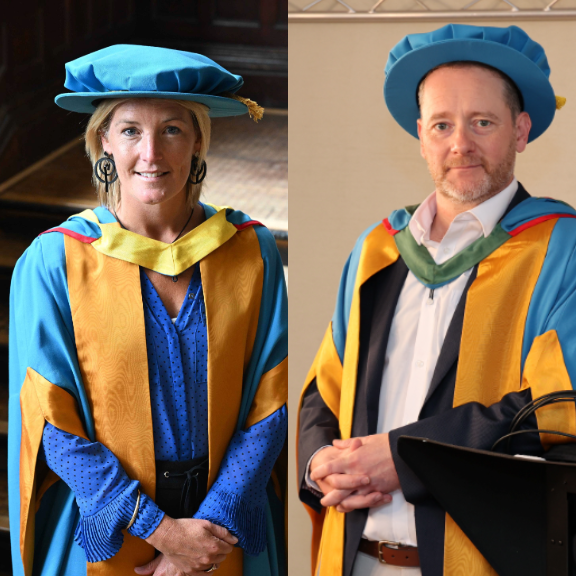CubeSat mission a step closer to blast off as industry invited to join final push into orbit
A consortium of academic and industry partners has come a step closer to launching the UK’s…
International
Northumbria’s global footprint touches every continent across the world, through our global partnerships across 17 institutions in 10 countries, to our 277,000 strong alumni community and 150 recruitment partners – we prepare our students for the challenges of tomorrow. Discover more about how to join Northumbria’s global family or our partnerships.
View our Global FootprintBusiness
The world is changing faster than ever before. The future is there to be won by organisations who find ways to turn today's possibilities into tomorrows competitive edge. In a connected world, collaboration can be the key to success.
More on our Business ServicesResearch
Northumbria is a research-rich, business-focused, professional university with a global reputation for academic quality. We conduct ground-breaking research that is responsive to the science & technology, health & well being, economic and social and arts & cultural needs for the communities
Discover more about our ResearchAlumni
Northumbria University is renowned for the calibre of its business-ready graduates. Our alumni network has over 246,000 graduates based in 178 countries worldwide in a range of sectors, our alumni are making a real impact on the world.
Our Alumni/404 cannot be found.
Please use the form below to report the broken link.

A consortium of academic and industry partners has come a step closer to launching the UK’s…

In recognition of their outstanding achievements, Northumbria University has awarded honorary…

A new training course designed to support health and social professionals working with people…

Universities for North East England (UNEE) welcomes the new English Devolution and Community…

A researcher at Northumbria University is part of a collaboration to create three new ‘Green…

Northumbria University’s Newcastle Business School recently welcomed Bishop of Newcastle The…

Scientists at Northumbria University have made a breakthrough in developing a new type of ‘microwave…

Northumbria University is to provide its students and staff with access to Claude for Education…

Northumbria University Business and Law School (CCE1)
-

Virtual Event
-

Northumbria University
Back to top
